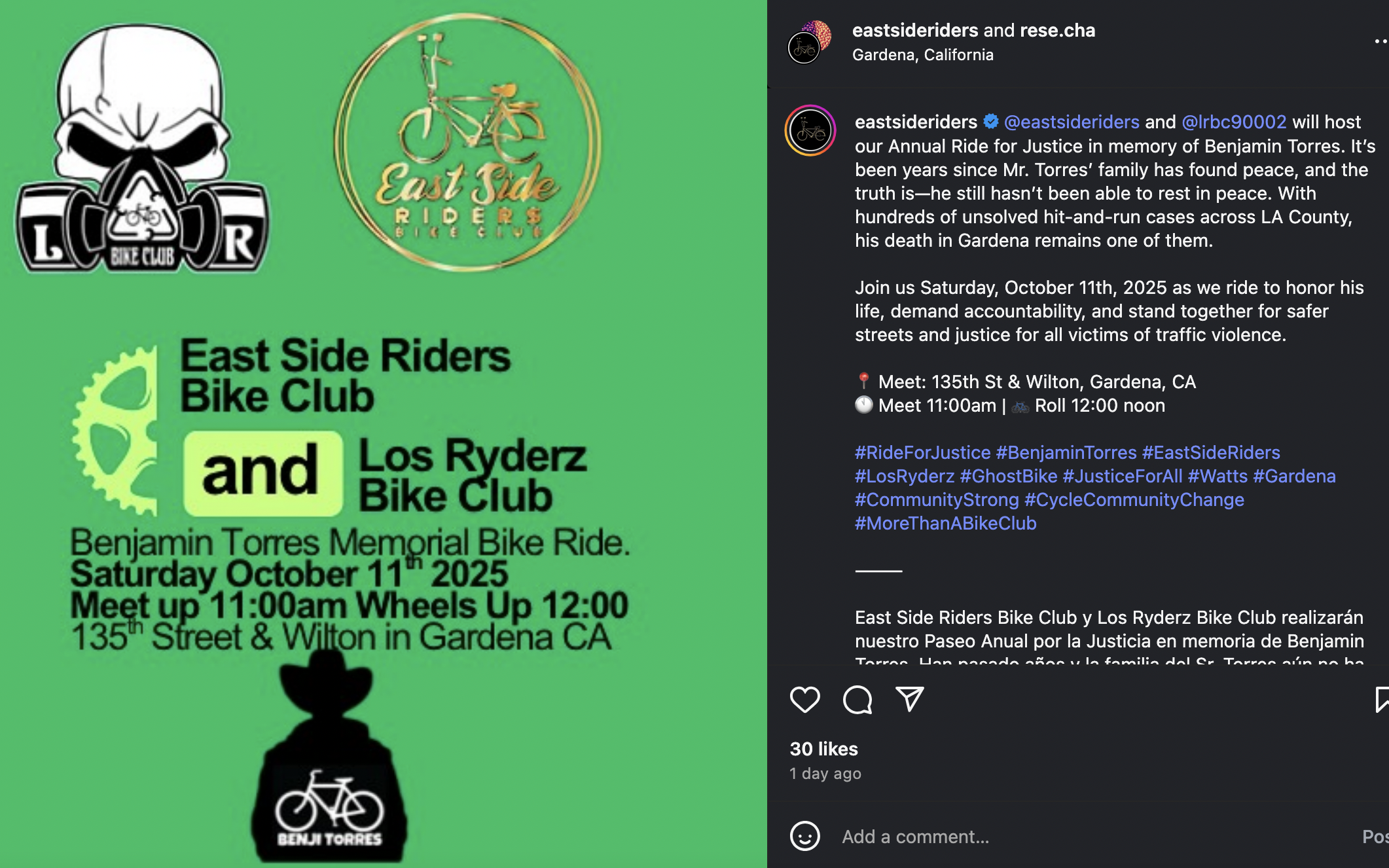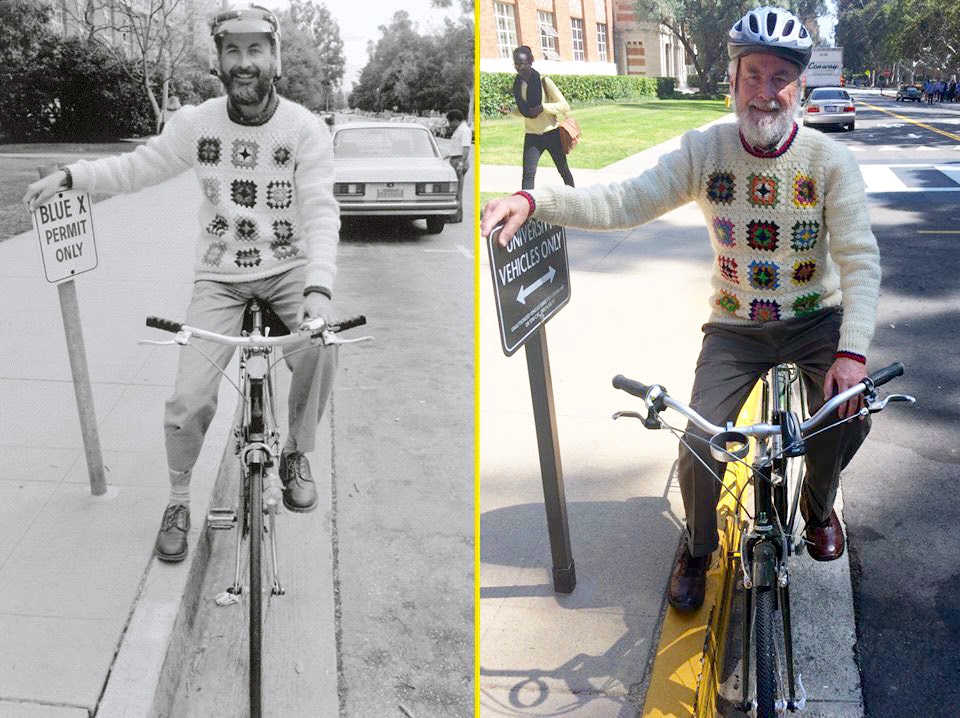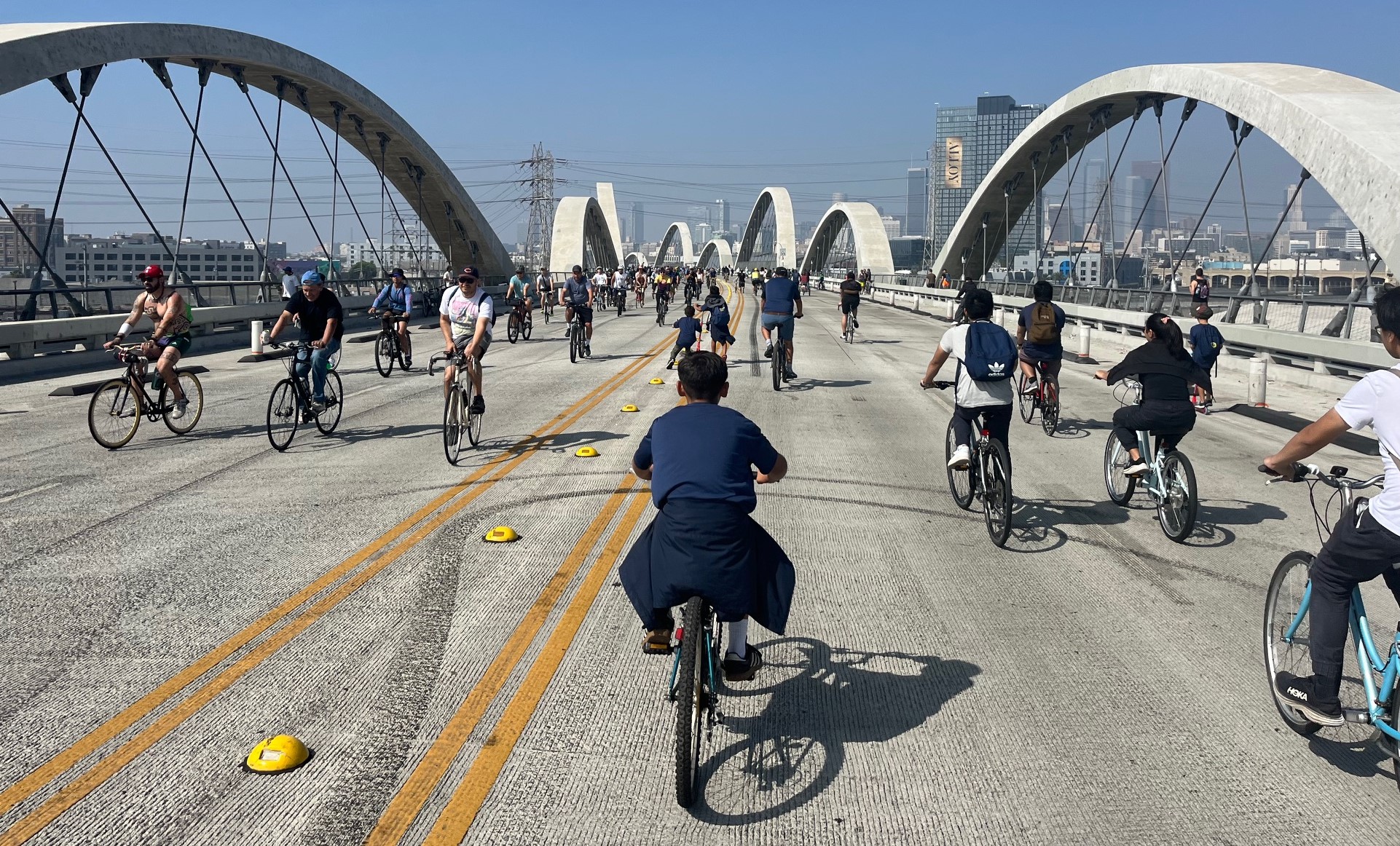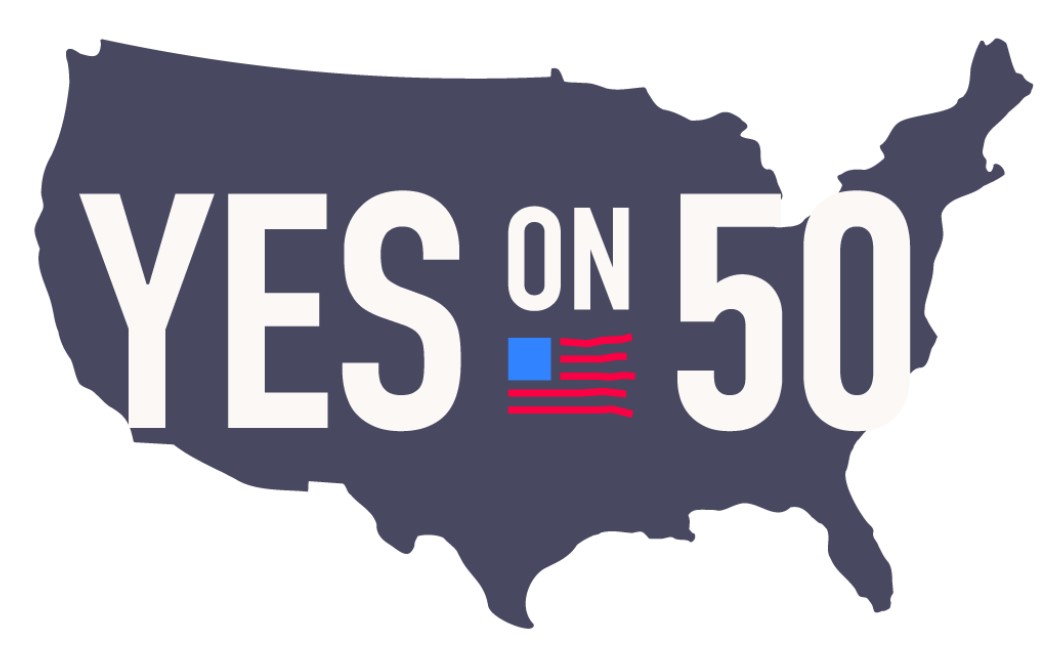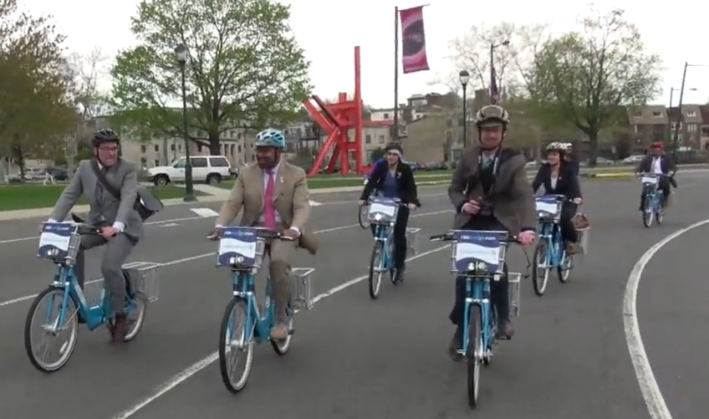
This morning, the Metro Board of Directors approved its $11 million contract with Bicycle Transit Systems to install and operate a pilot downtown L.A. bike-share system. The downtown system is expected to debut in 2016 with 60+stations and 1,000+bicycles.
The road getting this far has been a bit messy. The cities of Santa Monica and Long Beach got out ahead of Metro, with Santa Monica's 500-bike "Breeze" bike-share system opening this summer. When Metro got up to speed, it pushed new rules that isolate the Santa Monica system, and discourage its expansion into nearby jurisdictions. This triggered a rift between Westside leaders and Metro, evident in this editorial.
Today's discussion was the longest and most contentious of any bicycle-related items ever before the Metro board, with four different directors offering amendments. A few of the amendments were relatively tame, including directing consideration of additional docking stations at Mariachi Plaza and the Expo/Vermont Station, moved by Supervisors Hilda Solis and Mark Ridley-Thomas, respectively. However,Inglewood Mayor James Butts, who was elected to the Board by government leaders in the Westside and South Bay, introduced a multi-part amendment that included delaying bike-share contract approval for five months. In addition, Butts' motion directed Metro to meet and work closely with other cities, mainly Santa Monica and Long Beach, each of which is moving forward with separate bike-share systems.
Discussion ensued, with directors expressing concerns over multiple bike-share systems being quicksand, cannibalized, and balkanized. Electeds from in and near Santa Monica and Long Beach expressed strong concerns. County Supervisor Don Knabe, who represents Long Beach, portrayed Metro's approach as "my way or the highway."
Ultimately, L.A. Mayor and Metro Board Chair Eric Garcetti negotiated an amended motion accepting portions of Butts' proposal, but not delaying contract approval. Even with the negotiated solution, Knabe continued to press to delay bike-share approval for one month to work out final language.
One sticking point is Metro's restrictions on use of Metro Call for Projects (Call) funding. The Call is an every-other-year process where Metro distributes federal transportation monies to cities. In the past, Santa Monica received Call funding for its bike-share system. Starting with the current 2015 funding round, Metro is placing restrictions on use of Call funding for bike-share.
Metro's new rule requires cities using Metro Call pass-through funds for bike-share to implement Metro bike-share, as opposed to selecting a different vendor. For example, the city of West Hollywood is considering implementing a system similar to Santa Monica's, but would not be able to do so under Metro's new restriction. Butts' amendment proposed undoing this restriction. That policy decision was put off to next month's board meeting.
The final amended bike-share motion was approved 8 to 3, with Supervisors Mike Antonovich and Knabe, and Lakewood City Councilmember Diane DuBois opposed. Lakewood is adjacent to Long Beach.
The good news is that downtown L.A. can look forward bike-share on the ground by spring of 2016. The bad news is there is an unproductive rift between a centralized Metro system and the more nimble jurisdictions that took initiative before the countywide agency got its program together. Hopefully, all parties can work together to ensure ease of use, and to rapidly expand bike-share to serve communities throughout the L.A. County.
